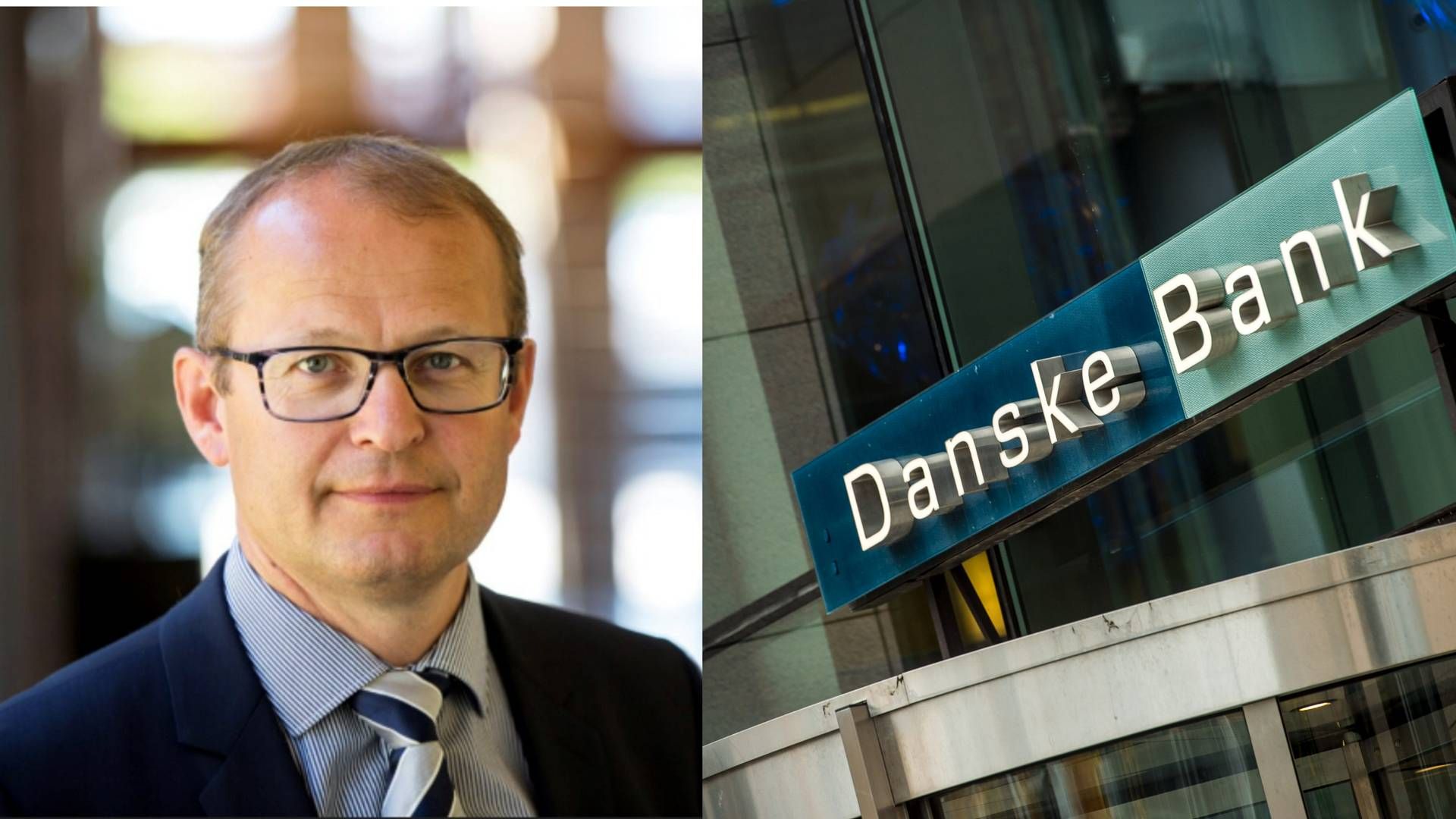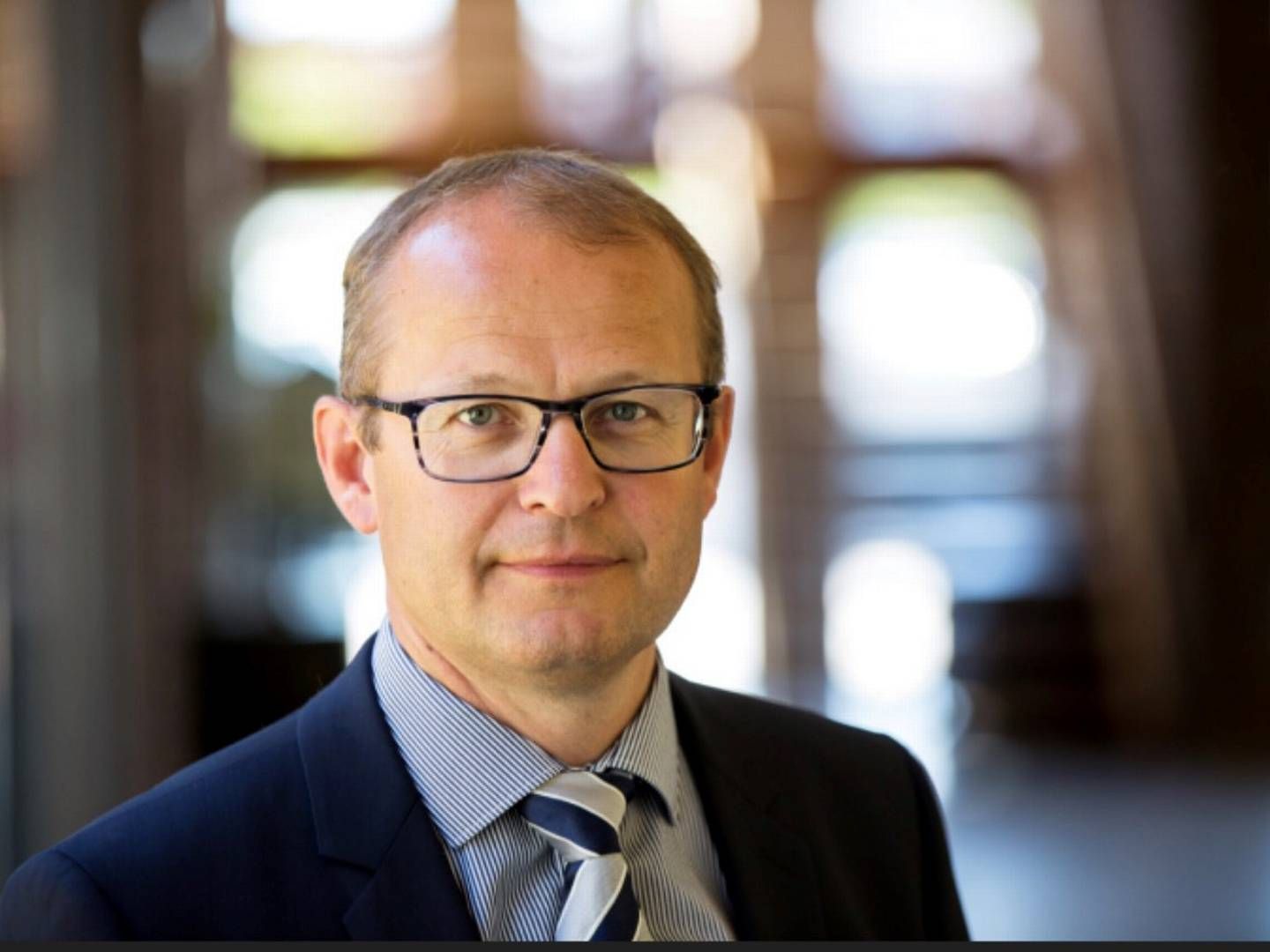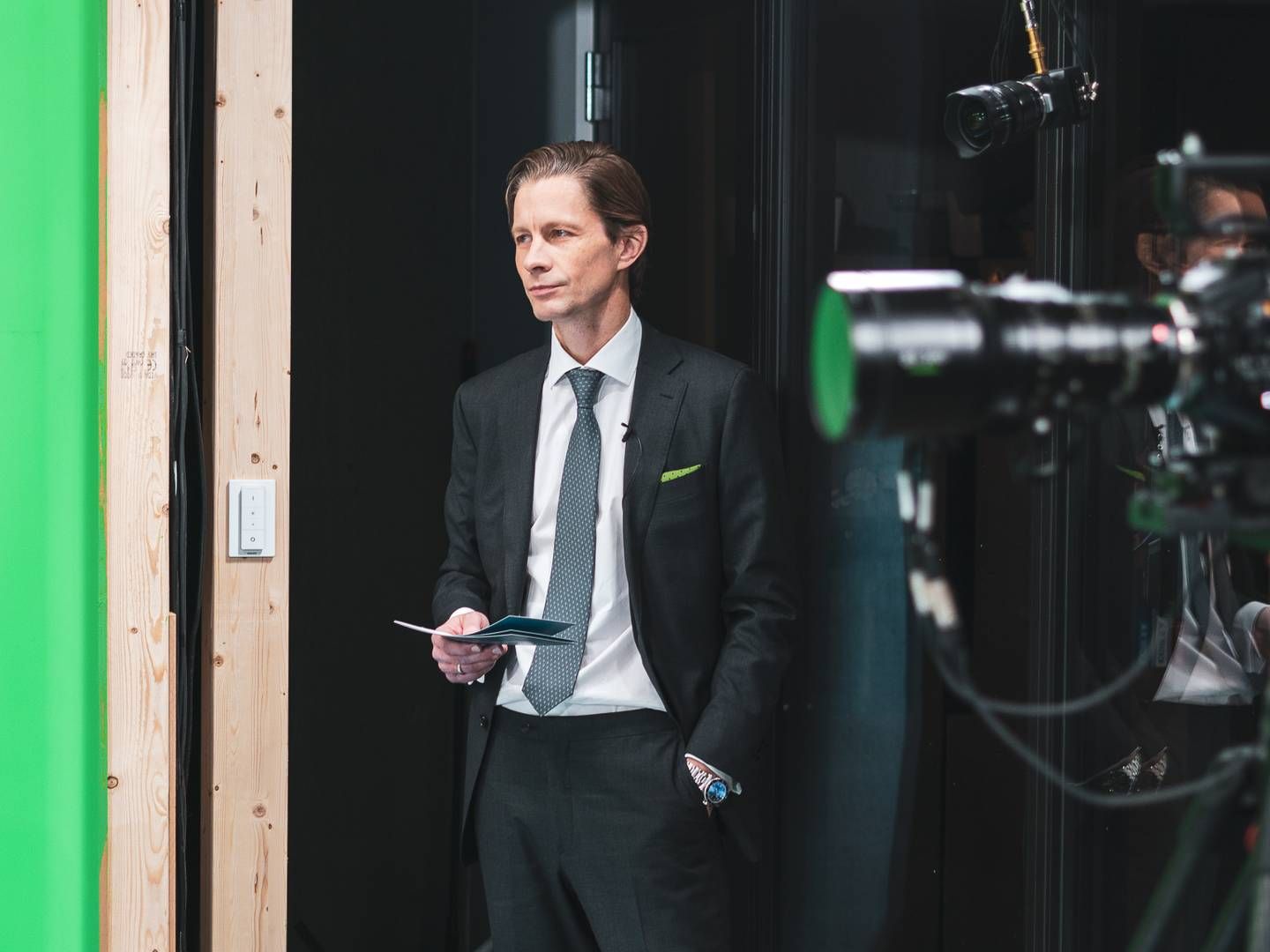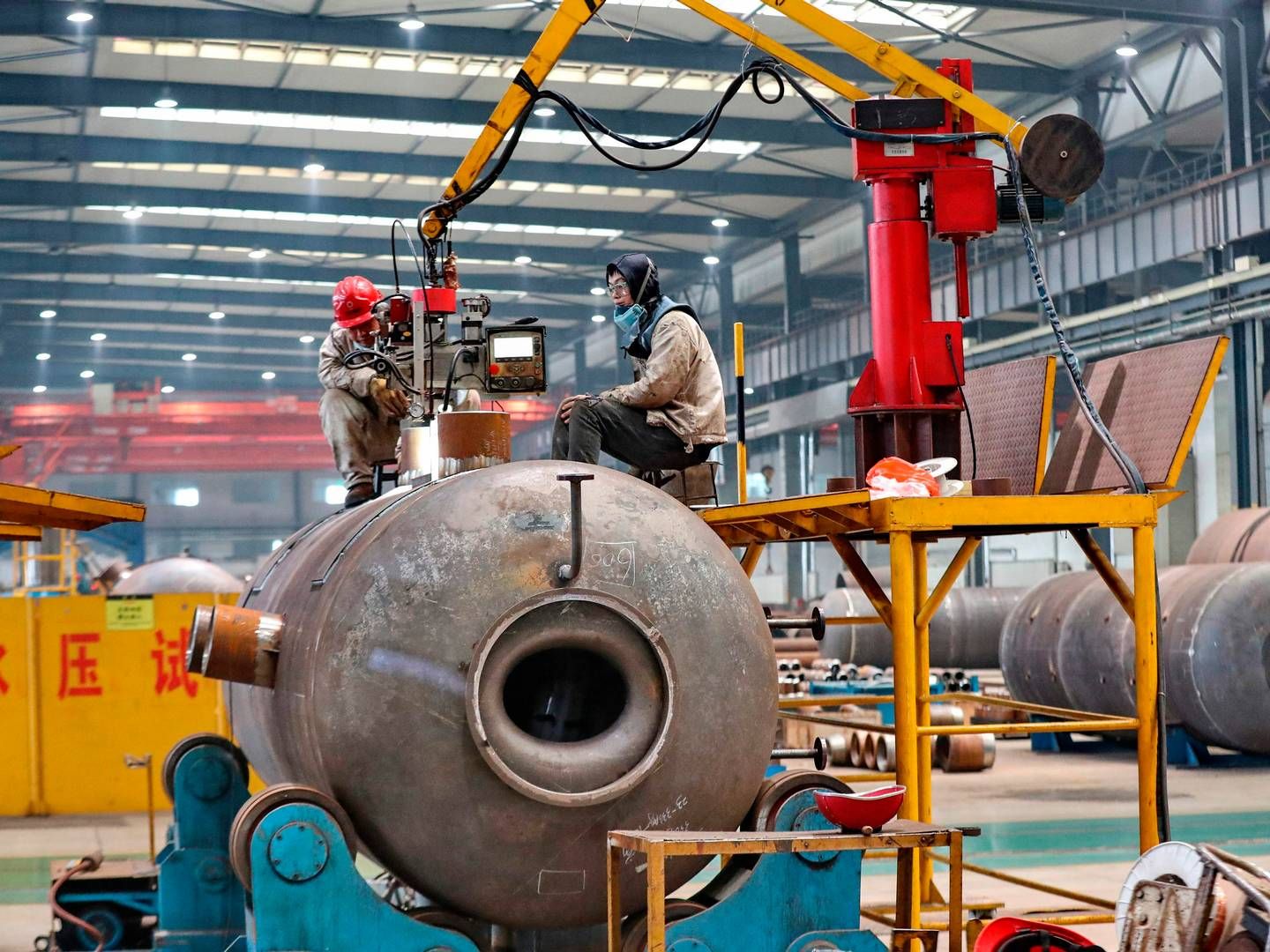EMD manager sees attractive deals on the back of market sell-off

Following a record year for both negative fund flows and negative market returns in emerging market debt, Danske Bank Asset Management’s new leading portfolio manager, Søren Mørch, sees attractive investment opportunities appear within the asset class.
Earlier this week, Mørch told AMWatch about the new team’s more active strategy, which he believes can bring Danske’s EMD fund back on track.
Rapid rate hikes, strengthening of the USD, and high volatility made the EMD markets drop by around 20% while funds in the asset class faced combined net outflows of USD 26bn, according to data from Refinitiv Lipper.
This sell-off, Mørch argues, now provides an opportunity for active investors to identify mispriced risk and find securities with underlying fundamentals at attractive valuations.
Steering clear of pitfalls in emerging markets last year was by no means easy, as a total of five countries including Russia, Ukraine, Belarus, Sri Lanka, and Ghana stopped paying their foreign bondholders.
While Mørch thinks it is unlikely that this year will be just as challenging, he says no one can rule out further rate hikes or a stronger USD, and argues that this makes a case for a more active investment strategy even clearer.
“It is quite simple. To beat the market during this kind of volatility, you must avoid countries that default and hang on to the countries that you believe can get out of the crisis. An active strategy and deep credit valuation are what will differentiate us,” Mørch says.
Where to look
Even though the war in Ukraine hit countries in Eastern Europe and North Africa the hardest, this is where Mørch sees the most attractive deals.
He especially favors Romanian bonds which got a “very high risk premia” due to its dependence on Russian gas but draws significant benefits from guaranteed loans and grants from the EU’s post covid fund NextGenerationEU.
In Northern Africa, Mørch looks to the crisis-ridden Egypt where inflation runs at over 20% and the lending rate around 17%. Here, he sees potential in the country’s newly found natural gas field that Mørch believes will relieve European countries dependent on Russian gas and make Egypt a net exporter instead of a net importer.
“One of the things that we have been positive about for some time now is the opportunity for a recovery in these countries. They got a shock, but it was more of an idiosyncratic shock, which we don’t see repeated,” Mørch says.
Lowered positions in China
While some EMD investors look to China’s reopening for relief, Danske has lowered their positions in Chinese bonds as they see the risk of US sanctions against the country as a potential risk factor.
“It’s not impossible that the US will sanction China. It may be hard to comprehend but it’s not impossible, and that is of course something that worries us and made us lower our positions in China,” Mørch says.
Since the beginning of last year, assets in Danske’s EMD fund have declined from USD 6bn to USD 3,5bn across hard and local currency strategies. This was mainly due to the departure of the former team that left Danske at the end of Q2 last year.
Returns from the fund declined by 21.56% in 2022, underperforming its benchmark by 1.42%.
Since Mørch started on November 1, the fund has yielded returns of 1.56% - outperforming its benchmark by 1.11 percentage points.
















